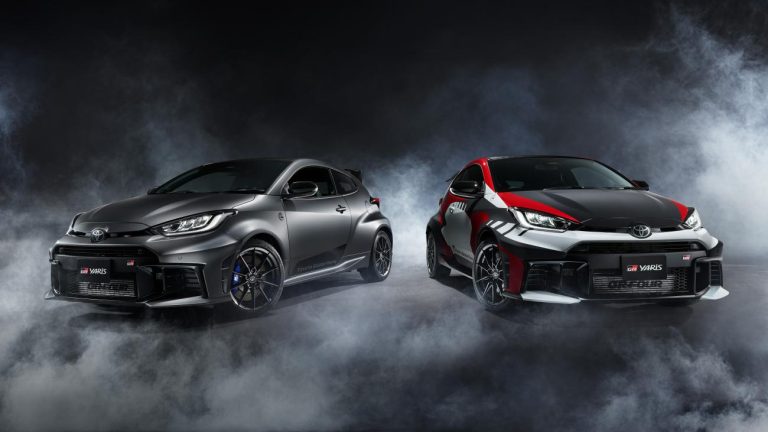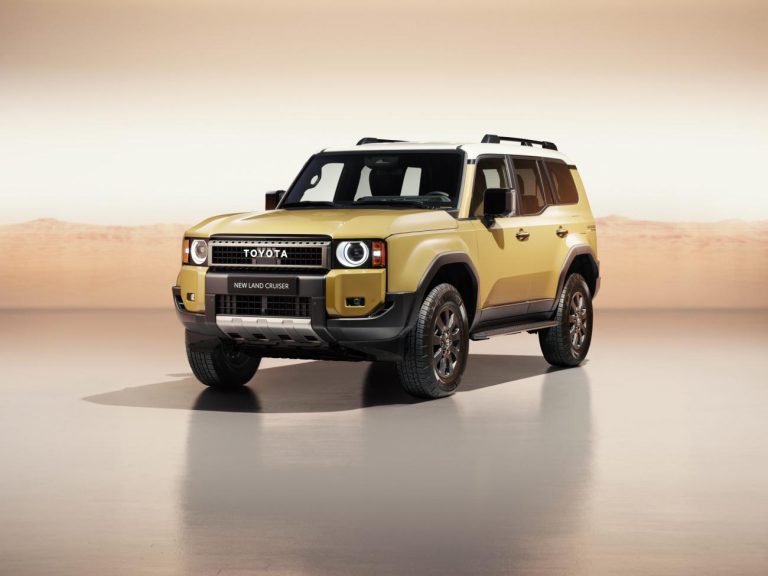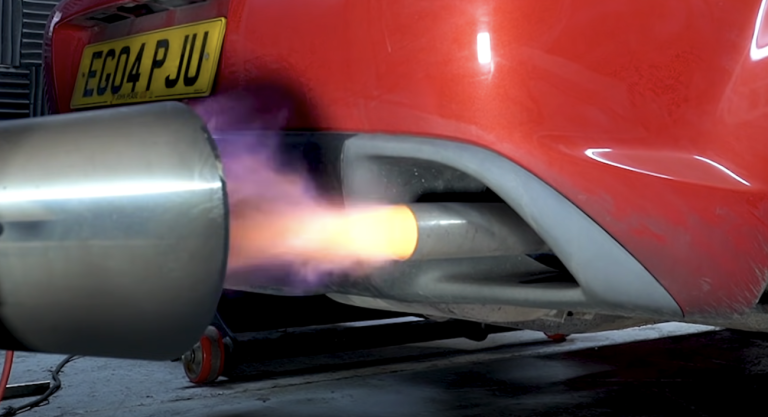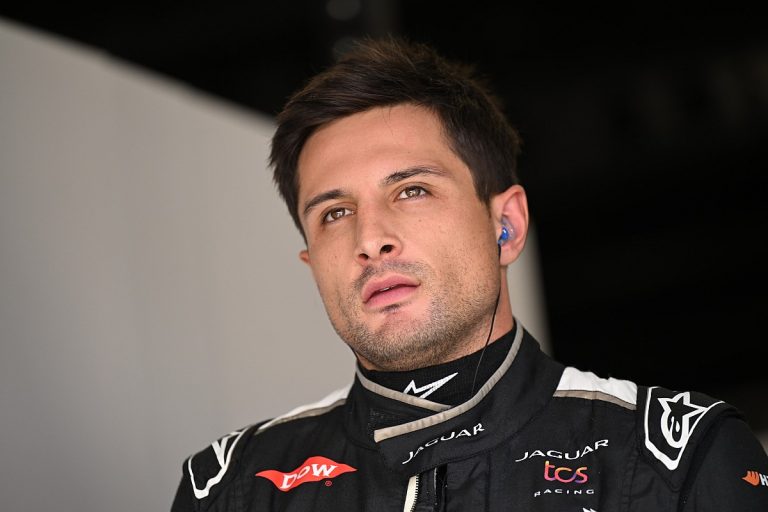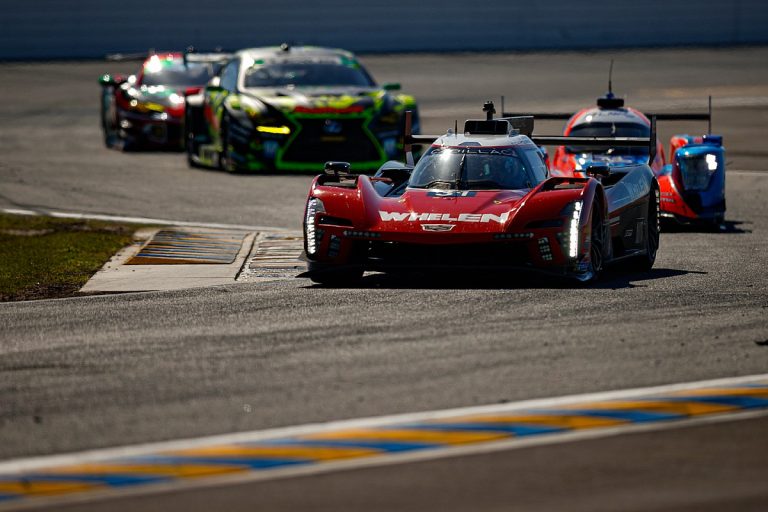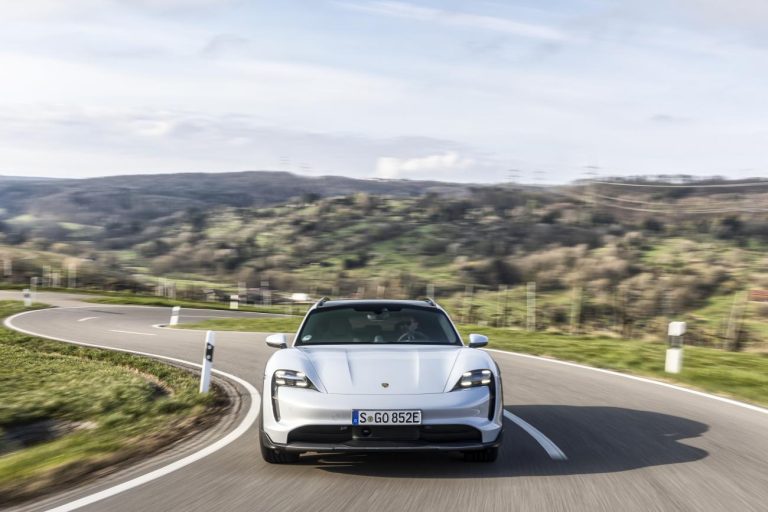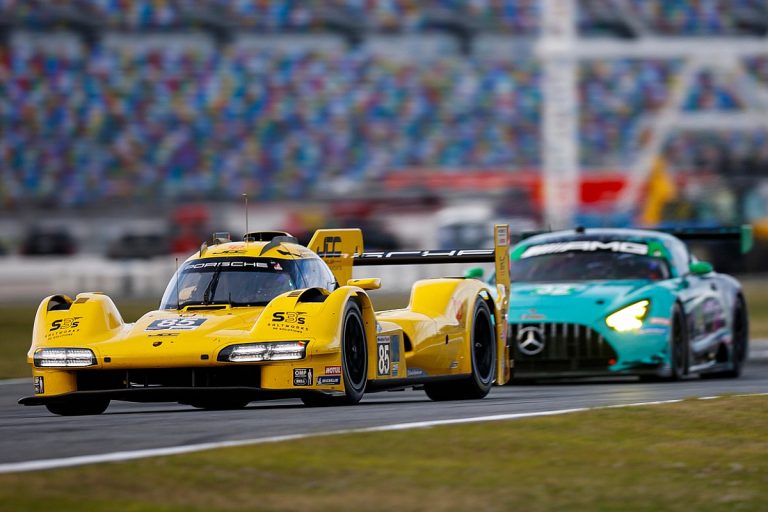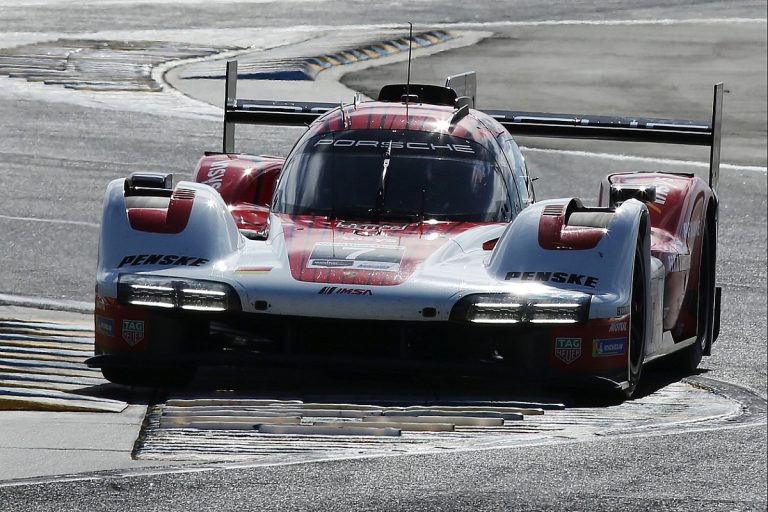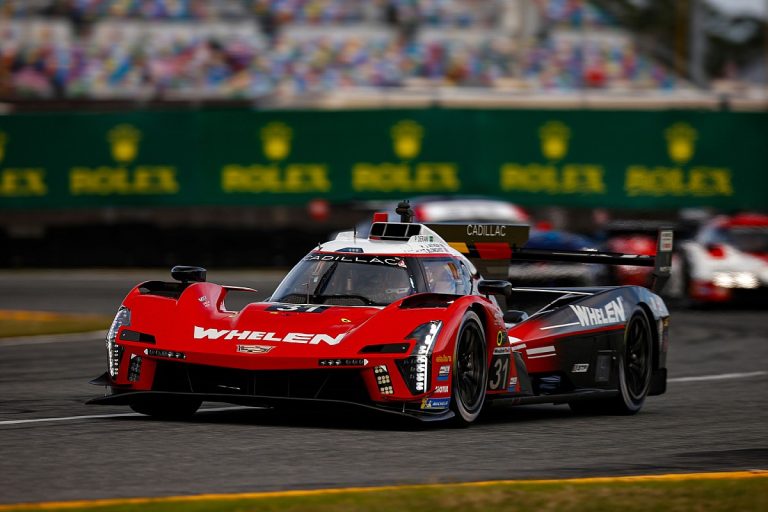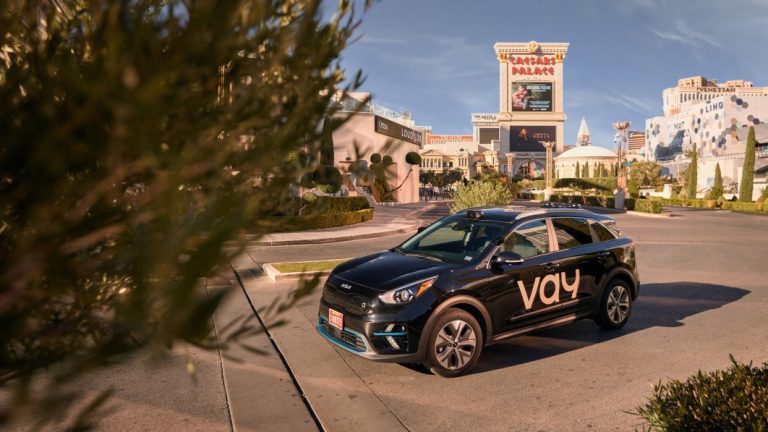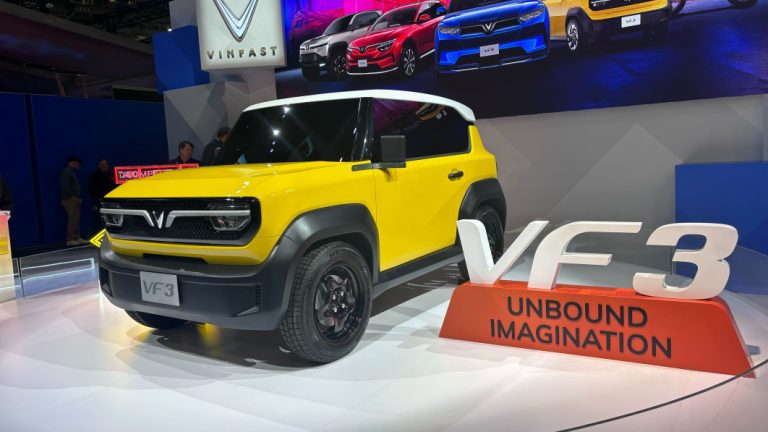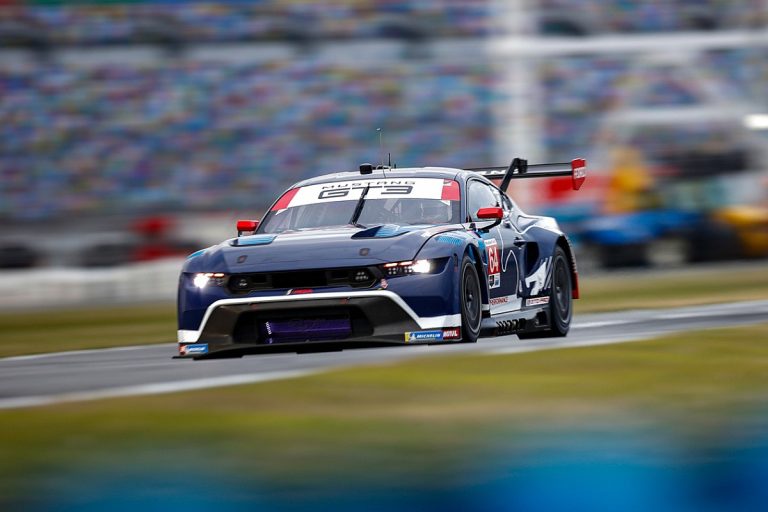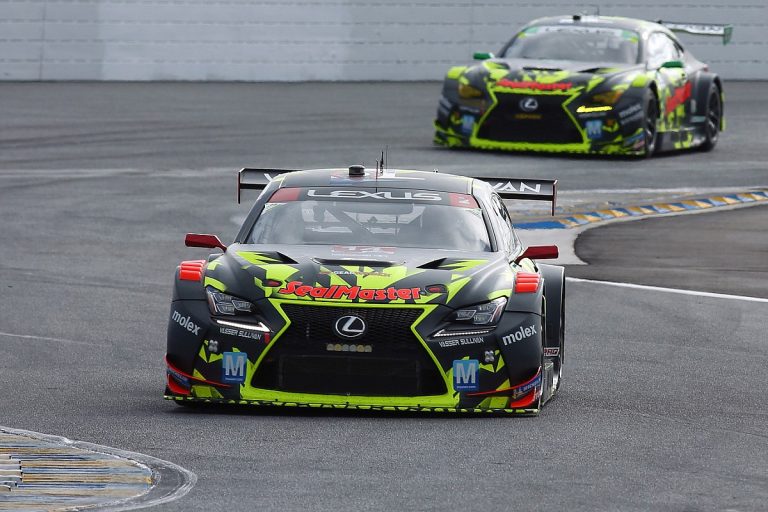The American outfit, Trackhouse Racing Team, has taken over the grid slots that were previously held by the RNF Racing team, which folded at the conclusion of the 2023 campaign. RNF Racing, led by Razlan…
Skoda’s Rocky Start In The WRC Was 25 Years Ago
Individual Constructs Massive Lego Big-Block V8 Engine and Gearbox
Toyota GR Yaris Rovanperä Edition Introduces a ‘Donut’ Mode
The Arrival of the Toyota Land Cruiser in the UK Scheduled for Late 2024
This is How You Can Make Your Car Exhaust Emit Flames
Evans Queries the Absence of Investigation into Vergne Contact at Diriyah E-Prix
Evans Unwilling to Raise Risk for Victory in WRC Monte Carlo
Pitbull Set to Entertain with Pre-Race Concert at Daytona 500
Evening Practice at Daytona 24h: Derani Leads Cadillac, Corvette Sets Pace in GTD Pro
Purchase this Exceptional Subaru Impreza and Boast About the Length of Your Car’s Name
Thieves Brutally Remove Headlights from Porsche Taycan
Porsche takes the lead in both GTP and GTD categories during the fourth IMSA session at the Daytona 24h Roar.
Marquez Acknowledges Immediate Victory Unlikely on Ducati MotoGP Bike
Daytona 24 Hours: F1 Drivers and Past Champions in the Mix
Daytona 24h Roar’s Third Session: AXR Cadillac Takes Narrow Lead Over JDC-Miller Porsche
Vay Introduces Remote-Operated Car Service in Las Vegas as a Startup Venture
The German remote-driving startup company Vay announced its debut commercial service on Wednesday. This service is operational in Las Vegas.
It involves a “teledriver” or a remote driver, offering short-term rental cars to the clients. The same teledriver is then responsible for picking them up once the rental tenure is over.
At present, this service is being offered in the region around the University of Nevada in Las Vegas. Furthermore, it is also available to those in the city’s arts district.
The service model is structured around renting cars to customers by
The Fate of VinFast in the U.S. Depends on a $20,000 EV with a Unique Feature
Fall from grace for the automaker.
As of this past week, its shares have tumbled about 40% from their highs. Prompting comparisons to other once-highflying overseas EV makers whose share prices have crashed.
Nonetheless, VinFast isn’t giving up. It’s betting big on US sales and is making aggressive plans for a nationwide expansion with a series of new EV models.
VinFast, owned by Vietnamese conglomerate Vingroup, rolled out its first EV model in September year. This was done to compete directly with other EV makers like Tesla and China’s NIO, Xpeng, and Li Auto.
However, the hopes of out-performing these established players has been a tough task to accomplish. The competition in the U.S. market is intimidating to new entrants due to established vehicle manufacturers and emerging EV start-ups.
VinFast aims to distinguish itself by offering a compelling combination of luxury, safety, and affordability. It has also been increasing its investments in research and development to keep pace with the rapidly evolving technological landscape.
Last year, it unveiled three new models: VF e35 and e36 SUVs, and the VF e34 sedan. The SUVs are designed to compete with the likes of Tesla Model Y and the Ford Mustang Mach-E, while the sedan is geared towards competing with the Model 3.
Still, it’s not all doom and gloom for VinFast. Despite recent setbacks, the company remains optimistic about its future. It acknowledges the challenges posed by the volatile market and stiff competition, but is undeterred in its mission to make sustainable mobility a reality for people around the world.
VinFast is planning to sell up to 56,000 vehicles in the U.S. in 2022. No small task given the current global supply chain issues and the ongoing pandemic which has greatly affected automobile production all over the world.
Yet, VinFast is determined to push forward. It will continue ramping up its production and expanding its retail network. As it presses onward, the company is sure to face more challenges and will be tested. However, its tenacity is clear and it is here to stay in this challenging EV market




